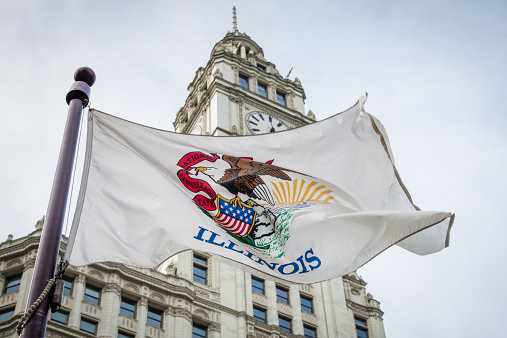A New York federal court recently approved a proposal that would allow potential class members to be notified of a collective action via Facebook, Twitter or LinkedIn. In Mark v. Gawker Media LLC, a class of former unpaid interns claims Gawker violated the Fair Labor Standards Act and the New York State Labor Law. The plaintiffs are unaware of any mail or email address for 55 of the former Gawker interns who are potential class members, so they proposed reaching out to the potential class members via social media, as 27 of the 55 are known to have a Twitter and/or Facebook account and 16 of the 55 are known to have a LinkedIn account. The plaintiffs’ initial proposal was rejected as overbroad in March 2015. That initial proposal included the plaintiffs creating a public Facebook group called “GawkerInternLawsuit” and a public LinkedIn group called “Gawker Intern Lawsuit,” as well as creating Twitter hashtags about the lawsuit that were visible to anyone. The court held that this public posting on social media sites did not parallel the traditional private, personalized notifications to potential class members and that the public announcements would likely be used to punish Gawker with negative publicity rather than to provide notice of opt-in rights. In response, the plaintiffs narrowed their approach to reaching the potential class members via social media. On Twitter, the plaintiffs proposed sending private messages to potential class members from the handle @GawkerIntern. On Facebook, the plaintiffs proposed “friending” potential class members rather than merely creating public announcements, or sending private messages to those potential class members who did not accept the friend request. On LinkedIn, the plaintiffs proposed sending private messages. Use of public groups and hashtags was discarded. Gawker mostly did not object to the plaintiffs’ proposal. The court largely granted the plaintiffs’ revised proposal, holding that it “tailors its proposed methods and forms of notice dissemination to reaching known former Gawker interns with a substantially similar message to that contained in the traditional forms of notice sent in this case.” The court found that the new proposal “no longer presents the danger of simply advertising a lawsuit against defendants, but instead serves the primary purpose of a FLSA notice.” Employers will not be pleased with this development, as plaintiffs will have increased access to potential class members and classes are likely to grow as a result. However, as social media becomes increasingly recognized as a viable means of communication even in court proceedings, the court’s decision seems like an inevitable result.

Employers Won’t “Like” Ruling Allowing Class Action Notifications via Social Media
Subscribe
Do you want to receive more valuable insights directly in your inbox? Visit our subscription center and let us know what you're interested in learning more about.
View Subscription Center











